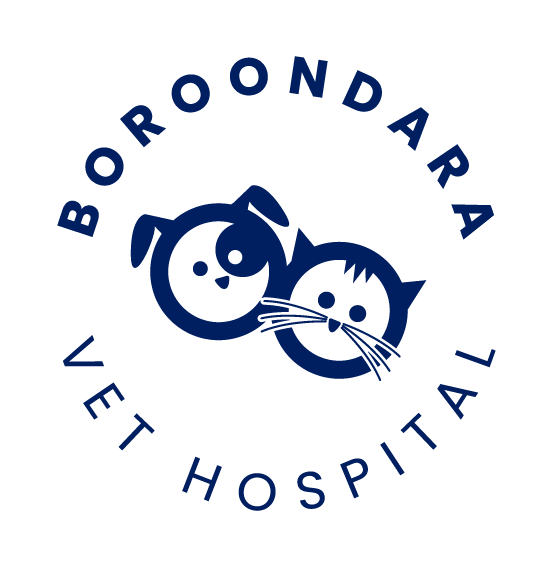Library
-
Within a few hours of a meal an invisible layer of bacteria forms on the teeth. This is plaque. Within 24 hours this starts to harden, absorb minerals and becomes dental calculus or tartar.
-
Pre-procedure check ups are the best way to assess the risk involved in any procedure where an anaesthetic is required for surgery or any other investigation.
-
Speying involves the removal of the womb and ovaries. It is permanent and irreversible.
-
Probiotics contain normal naturally occurring bacteria and yeast, and are used to re-colonise the gastrointestinal tract when the normal balance of microflora (bacteria) has become disturbed.
-
Although often thought to be a teething behaviour, nipping, mouthing and biting in young dogs is often a form of social play. Teething on the other hand, is more likely to involve gnawing or chewing on household objects.
-
Owning a dog can be an extremely rewarding experience, but it also carries with it some responsibility. We hope these notes will give you some help.
-
Most puppies love to explore and chew, so it is not surprising when a young puppy steals household objects, particularly if they are inherently rewarding.
-
When you bring your new puppy into your home a good rule of thumb is to "set the dog up for success". Learning how to house-train your new puppy and manage puppy behaviours will set you both up for success.
-
In order to teach any command it is important to start by using the word as a label for the required action and to reward the action with something that the puppy finds worthwhile, such as food.
-
Teaching your puppy to "come" reliably on command can take a little time but it is an essential task, since a dog that comes when it is called is much safer and poses far fewer problems for its owner and for society.

